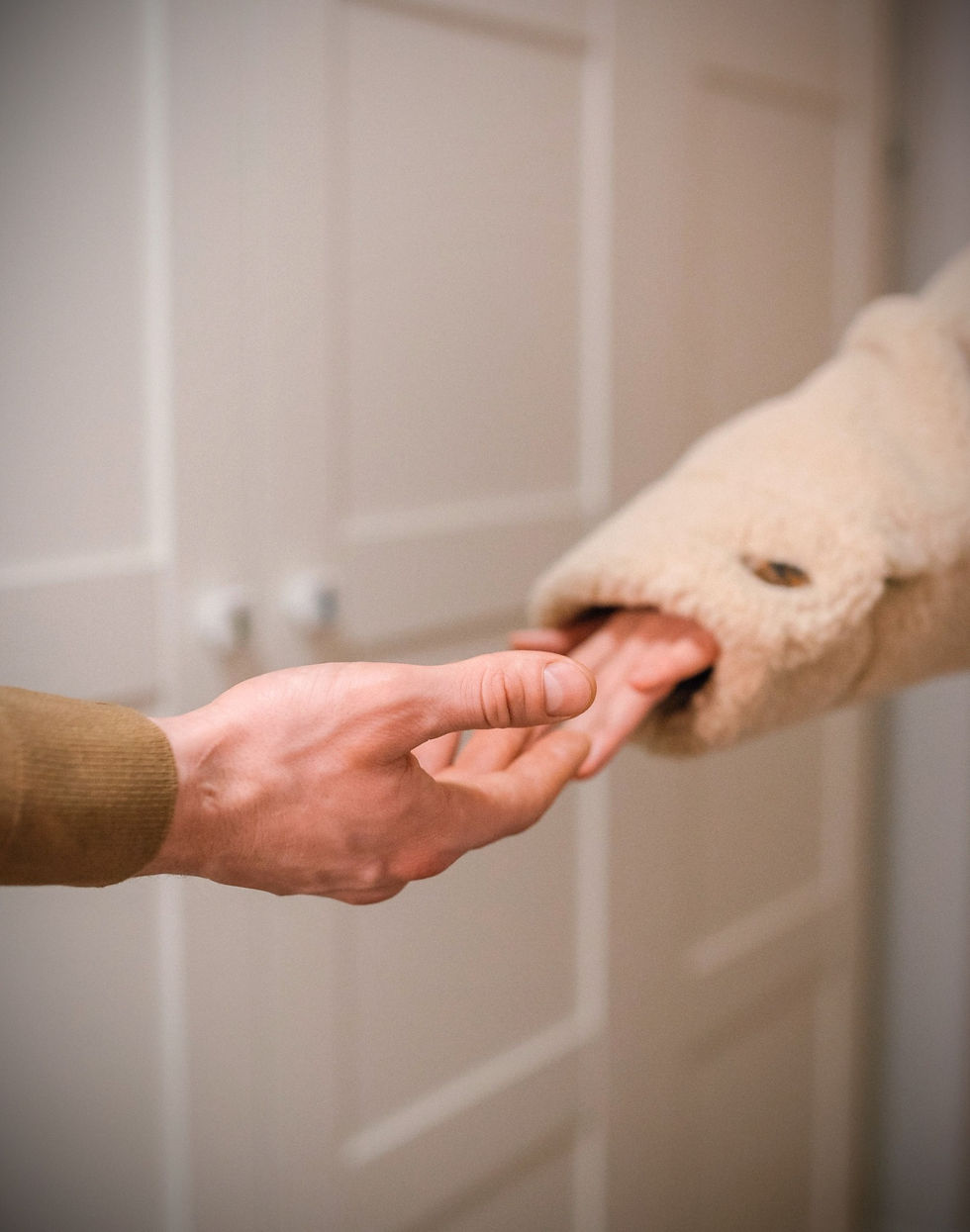How to Console Someone You Care About Through the Trauma of Infidelity
- Terri DiMatteo, LPC

- Dec 29, 2023
- 3 min read
Updated: Jan 3, 2024

As we know, life is challenging, and life challenges sometimes rise to the level of trauma. During times of extreme difficulty, such as trauma, it helps to have the loving support of family and friends. Sharing emotional pain with caring others as they respond with a hug, words of comfort, or their own experiences of difficulty and triumph can make all the difference.
One type of trauma stands apart when it comes to receiving support from family, friends, or community: the trauma of infidelity. Unlike other types of trauma, the profound, personal nature of the trauma of infidelity is wrought with feelings of deep shame, humiliation, and embarrassment. For example, if one suffers a horrific accident or is the victim of a crime, there is no fault associated with it. Infidelity, on the other hand, is associated with wrongdoing and relationship strife.
The discovery of infidelity sends shockwaves through the relationship. For a time, until it gets processed, there is overwhelming confusion, uncertainty and deep emotional pain.
The Destabilizing Shock of Discovery Infidelity
Discovering infidelity instantaneously propels a couple into crisis. The couple plunges into the unknown as their whole world is upended. It is profoundly destabilizing.
Unlike most other relationship matters, infidelity places the future of the relationship into question: will we survive this? Can our relationship be restored?
Coping With the New Reality
A couple dealing with the discovery of infidelity is sitting in much confusion. The early stages of discovery - when all the information is not in, and emotions are erratic - make it impossible to see a path forward.
Discovering infidelity is a massive shock to the couple, their relationship, and their lives. Essential everyday matters like eating and sleeping become difficult.
The structures of safety and trust that one assumed have been damaged. In the early discovery period, everything comes into question: What's true? What's real? What or who can be trusted?
There can be a sense of unease, paranoia, and pending doom as one maneuvers in a shaky new reality. People facing the discovery of infidelity may have difficulty focusing, become short-tempered, blunder on simple matters, and feel as if they are sleepwalking through life.
What a Couple Dealing with Infidelity Needs From Caring Friends and Family
The couple coping with the aftermath of infidelity primarily needs loving, non-judgmental support for their emotional pain. Caring friends and family can provide emotional support by focusing on the person's emotional turmoil and destabilizing experience. Recognize your friend or family member is suffering and respond with compassionate, non-judgmental empathy.
Refrain from offering an opinion, taking sides, or giving your thoughts on infidelity. If the person directly asks for your opinion, refrain from offering it. Instead, redirect your friend or family member to their thoughts and feelings. Remember, they are in a confusing situation, so helping them process their emotions is most helpful.
Help your friend or family member with the basics of life: eating, sleeping, and taking care of daily tasks. Getting through the days will be challenging. Reminders to eat can help. As can the offer to help with daily tasks.
Give your friend or family member assurance that you will keep their confidence and not share their information with others. As trust issues in their relationship have come into question, your friend or family in pain will need to know that you will be good on your word and can be trusted. Your reliability, dependability, and trustworthiness can help them feel safe.
In summary, the couple is experiencing great confusion, uncertainty, and fears about the relationship's future and their lives. There is much to sort through, and as information comes forward, feelings and emotions change and fluctuate.
As a result, if you can be a safe place for them to come to for emotional support and comfort, refrain from offering your own opinion, provide gentle reminders to take care of the basics (such as eating and sleeping), and help with daily tasks, it would be beneficial and supportive.



Comments